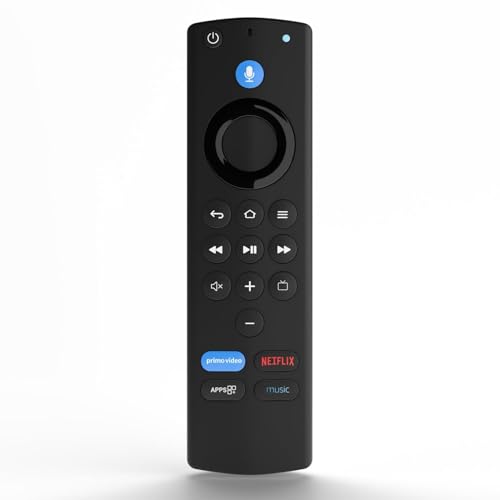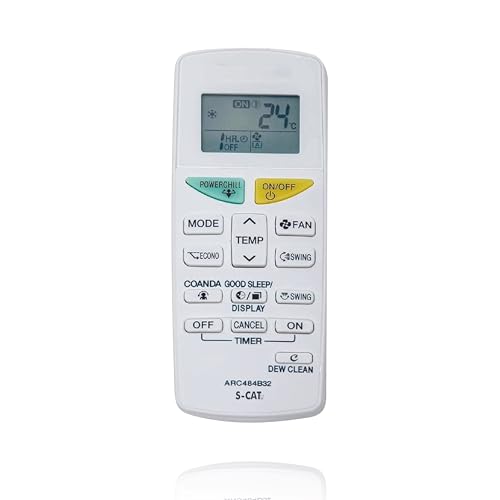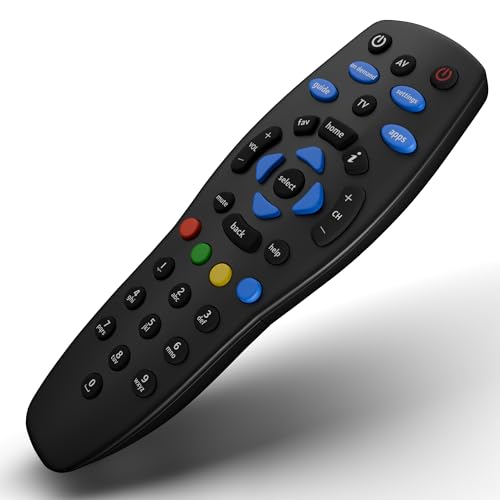Digital Nomad Diaries: Leveraging MidJourney for Branding on the Go
Picture this: You’re working from a café in Bali, laptop open, wifi connection stable, and a brilliant business idea just hit you. But you’re thousands of miles from your usual design team, operating on a tight budget, and need professional branding assets fast. Enter MidJourney—the AI-powered image generation tool that’s revolutionizing how digital nomads create compelling brand visuals from anywhere in the world.
This comprehensive guide explores how location-independent entrepreneurs, freelancers, and remote workers are using MidJourney to build stunning brand identities, create marketing materials, and establish professional visual presence—all while maintaining the freedom to work from anywhere. We’ll cover everything from practical prompting strategies to real-world case studies of nomads who’ve built successful brands using AI-generated visuals.
The Digital Nomad Branding Challenge
Traditional branding was expensive, time-consuming, and geographically constrained. Digital nomads faced unique obstacles:
- Limited budgets for professional design services
- Time zone complications when working with designers
- Need for rapid iteration and testing in fast-moving markets
- Requirement for consistent visual identity across multiple projects
- Difficulty accessing design resources while traveling
MidJourney changes this equation entirely. For less than $30/month, nomads gain access to a creative powerhouse that generates professional-quality visuals in minutes, not weeks.
Why MidJourney is Perfect for Digital Nomads
Location Independence
MidJourney runs entirely in your browser or Discord app—no heavy software installations, no powerful hardware requirements. Whether you’re working from a beach in Thailand or a co-working space in Mexico City, you have the same creative capabilities.
Cost-Effective Professional Results
Traditional logo design can cost $500-$5,000. MidJourney’s subscription plans start at $10/month, making professional-quality branding accessible to bootstrap entrepreneurs and location-independent businesses.
Speed and Iteration
Generate dozens of logo concepts, brand mood boards, and marketing visuals in the time it would take to brief a traditional designer. Perfect for nomads who need to move fast and test ideas quickly.
Creative Control
No communication barriers, no revision rounds, no waiting for designer availability. Your creative vision translates directly into visual output through carefully crafted prompts.
Building Your Brand Identity with MidJourney: A Step-by-Step Guide
Step 1: Define Your Brand Foundation
Before jumping into MidJourney, establish your brand fundamentals:
- Brand personality (modern, playful, sophisticated, minimalist)
- Target audience demographics and psychographics
- Industry context and competitive landscape
- Color preferences and emotional associations
- Functional requirements (scalability, versatility, platform compatibility)
Step 2: Master Logo Creation Prompts
Effective logo prompts combine style descriptors, functional requirements, and creative constraints:[3][1]
- “Minimalist mountain logo, geometric design, monochrome, vector style –ar 1:1”
- “Tech startup logo with abstract symbol, gradient colors, modern typography –ar 1:1”
- “Organic food brand icon, hand-drawn style, earth tones, friendly and approachable –ar 1:1”
Pro Tip: Always include “–ar 1:1” for square logos, and add “vector, flat, minimalist” to avoid overly complex designs that won’t scale well.
Step 3: Create Brand Asset Libraries
Beyond logos, build comprehensive visual systems:
- Social media templates: Instagram posts, LinkedIn banners, YouTube thumbnails
- Website visuals: Hero images, section backgrounds, icon sets
- Marketing materials: Email headers, presentation slides, digital business cards
- Product mockups: App interfaces, packaging concepts, merchandise designs
Step 4: Maintain Brand Consistency
Create a prompt library with consistent style descriptors. For example, if your brand is “modern minimalist tech,” use variations of these elements across all visuals:
- “Clean lines, geometric shapes, limited color palette”
- “Professional lighting, contemporary feel, tech-inspired”
- “Minimalist composition, negative space, sophisticated”
Real-World Digital Nomad Success Stories
Case Study 1: Sarah’s Travel Consulting Brand
Sarah, a travel consultant working from Southeast Asia, needed to establish credibility with high-end clients while operating on a shoestring budget. Using MidJourney, she created:
- A sophisticated logo combining travel and luxury elements
- Consistent social media templates featuring exotic locations
- Professional presentation materials for client pitches
- Branded digital business cards and email signatures
Result: 300% increase in client inquiries and ability to charge premium rates within 6 months.
Case Study 2: Mark’s Remote Agency Rebrand
Mark runs a digital marketing agency while traveling full-time. When pivoting to serve B2B SaaS companies, he needed a complete rebrand. MidJourney enabled him to:
- Test multiple brand directions with client feedback
- Create industry-specific marketing visuals
- Develop a cohesive visual system across all touchpoints
- Generate custom illustrations for case studies and proposals
Result: Successfully repositioned agency, doubled project values, and maintained professional image while working from 12 countries.
Advanced MidJourney Techniques for Nomad Branding
Prompt Engineering for Brand Consistency
Develop a personal prompt library with tested combinations:
- Color schemes: “Palette of #2C3E50, #E74C3C, #ECF0F1” (insert your brand colors)
- Style modifiers: “Corporate minimal, clean edges, professional photography style”
- Industry context: “SaaS tech aesthetic” or “Eco-friendly organic vibe”
Using References and Style Transfer
Upload inspiration images using MidJourney’s describe function to understand how to recreate specific styles. This helps maintain consistency across different asset types.[2]
Creating Brand Guidelines
Document your successful prompts and visual decisions. Create a simple brand book including:
- Logo variations and usage guidelines
- Color palette with hex codes
- Typography suggestions (since MidJourney focuses on visuals)
- Photography and illustration styles
- Successful prompt templates for future use
Integrating MidJourney into Your Nomad Workflow
Daily Creative Practice
Many successful nomads spend 15-30 minutes daily experimenting with MidJourney, building a library of branded assets for future use. This creates a pipeline of ready-to-use visuals for marketing campaigns, social media, and client presentations.[2]
Client Collaboration
Use MidJourney for rapid prototyping with clients:
- Generate multiple concept directions in minutes
- Iterate based on feedback without costly revision cycles
- Present polished visuals even in early project phases
- Maintain creative momentum across time zones
Platform-Specific Optimization
Different platforms require different approaches:
- Instagram: Square formats, vibrant colors, lifestyle integration
- LinkedIn: Professional tone, industry-relevant imagery, corporate aesthetics
- Website headers: Wide aspect ratios, negative space for text overlay
- Email marketing: High contrast, clear focal points, mobile-optimized dimensions
Overcoming Common Challenges
Technical Limitations
- Text integration: MidJourney struggles with readable text—plan to add typography in post-production
- Vector output: Results are raster images—use vectorization tools like Adobe Illustrator for scalable logos
- Brand consistency: Requires careful prompt management and style documentation
Creative Constraints
- Trademark considerations: Ensure generated designs don’t inadvertently copy existing brands
- Cultural sensitivity: Be mindful of cultural symbols and references when working globally
- Client education: Help clients understand AI-generated design process and capabilities
Business Implementation
- Quality control: Establish review processes for AI-generated content
- Legal considerations: Understand usage rights and commercial licensing
- Professional positioning: Frame AI as a tool that enhances rather than replaces creativity
Tools and Resources for MidJourney Nomads
Essential Complementary Tools
- Figma: For typography, layout, and final design assembly
- Canva: Quick template-based designs using MidJourney assets
- Adobe Creative Suite: Professional post-processing and vector conversion
- Notion: Brand asset organization and prompt library management
Prompt Libraries and Resources
- MidJourney subreddit for inspiration and techniques
- Prompt marketplaces for tested brand design prompts
- Style reference collections for consistent visual direction
- Brand design communities for feedback and improvement
Future of AI-Powered Nomad Branding
The intersection of AI tools and location-independent work is just beginning. Emerging trends include:
- Integration with brand management platforms
- Real-time collaborative design sessions
- Advanced style transfer and brand consistency tools
- Direct integration with social media and marketing platforms
- AI-powered brand strategy and positioning assistance
Conclusion: Empowering Creative Independence
MidJourney represents more than just another design tool—it’s a democratization of creative capabilities that perfectly aligns with the digital nomad ethos of independence, efficiency, and global thinking. By mastering AI-powered branding, location-independent professionals can compete with traditional agencies while maintaining the freedom to work from anywhere.
The key to success lies not in replacing human creativity but in augmenting it with AI capabilities. The most successful nomad brands combine MidJourney’s rapid generation capabilities with strategic thinking, cultural sensitivity, and business acumen.
As you build your nomadic business, remember that great branding isn’t just about pretty pictures—it’s about creating consistent, meaningful connections with your audience. MidJourney gives you the visual tools; your understanding of your market, your creativity, and your strategic thinking make the difference between generic AI art and compelling brand communication.
Start experimenting today. Your next big breakthrough might be just one well-crafted prompt away.





